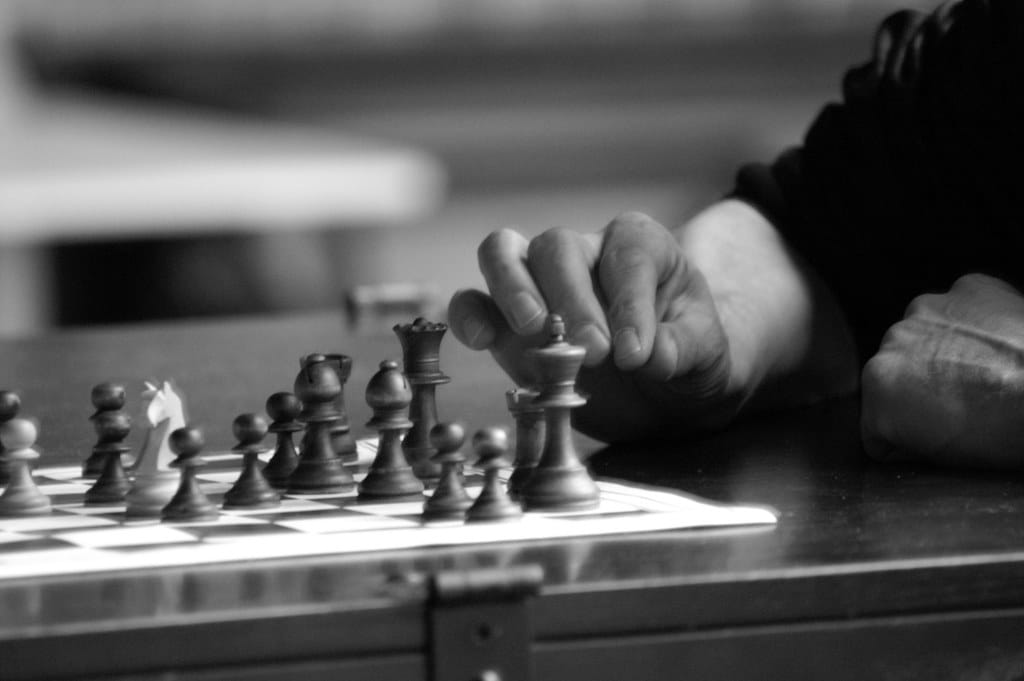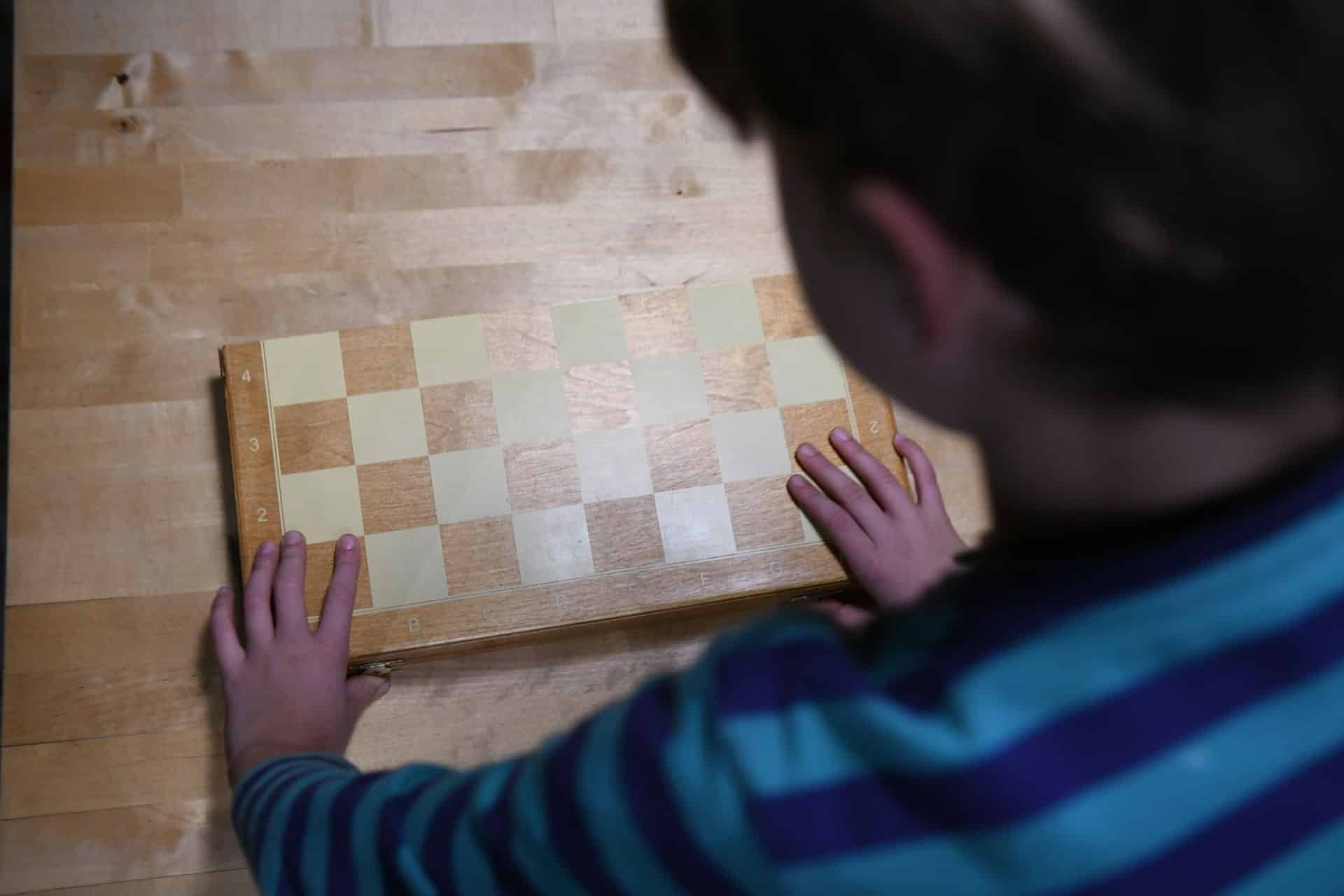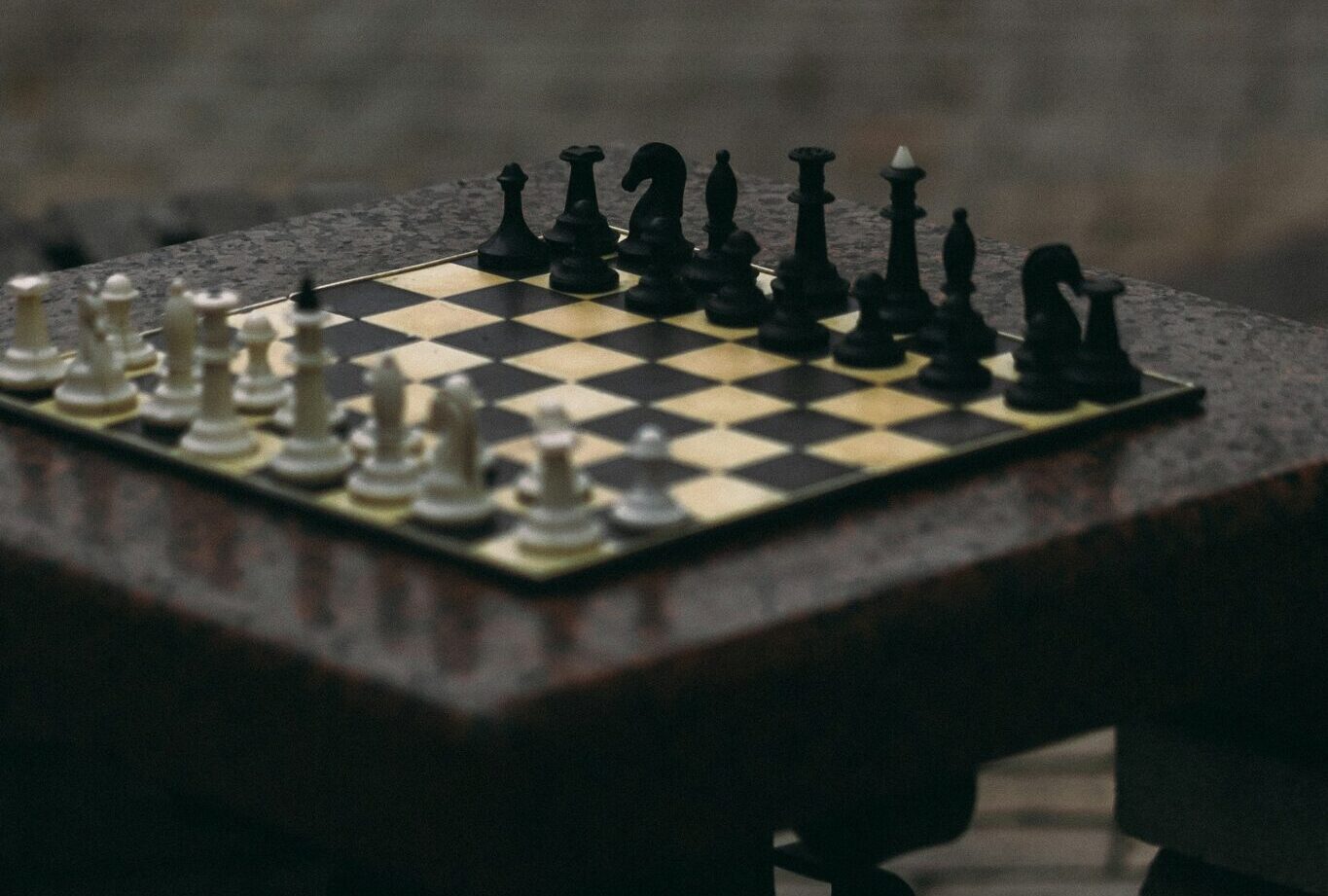Table of Contents
How to learn and study chess openings
Studying chess openings is greatly beneficial to your play, learning how to play the opening phase of the game correctly is imperative. When the player knows the opening he is playing, it gives confidence to the player.
It can also improve the regular chess skills like positional understanding and comprehension of the game. But all of this will depend on how you study your chess openings.
Remember it’s not about the amount of time you invest in your study, it’s all about the quality of it. For the moments, we have to prepare ourselves to learn, and let’s the “myths” about learning chess openings:
Learning an opening could indeed take a lot of time if you want to perfect and polish your play with that opening, but it doesn’t need to be boring. And it’s not just about learning long and complicated variations of extremely rare variations of chess theory.
You will learn how to learn openings in chess, how to implement them in your repertoire, and practical tips to use this knowledge.
This post is for those players who are new in chess, or for those amateurs who want to learn a technique or two to study their openings.
How to choose the best opening to study?
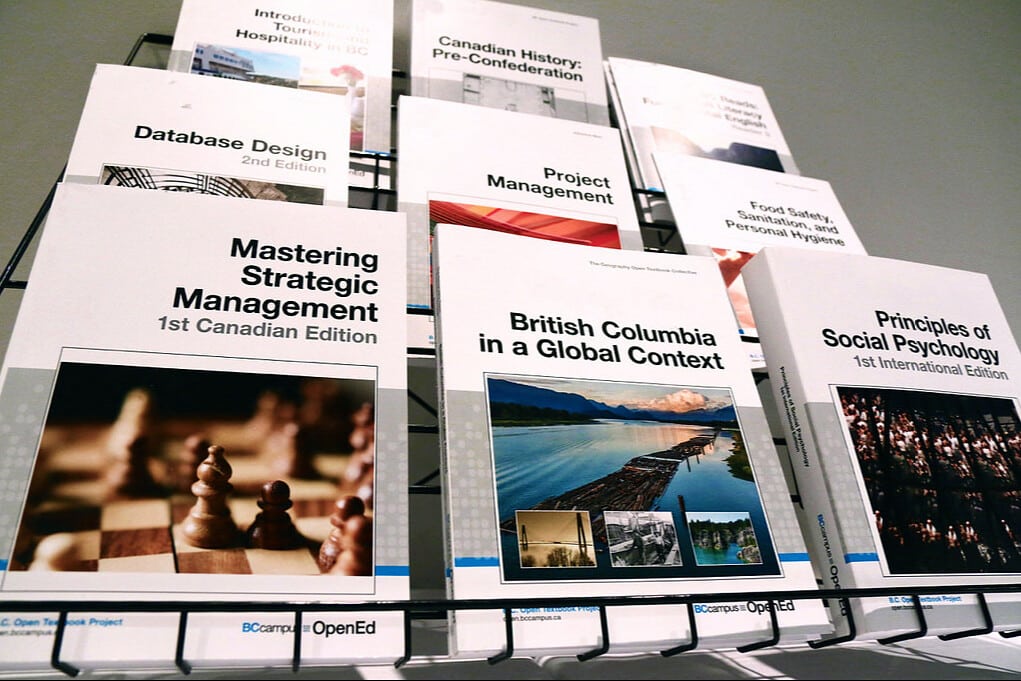
First, you need to choose which opening you want to learn, more clearly would be, which opening fits your playstyle. This is why is important to know yourself as a chess player, know your style.
Ask yourself “what kind of position do I want to achieve in the opening?” “Am I feeling sure and comfortable with this opening position?” “Do I like the move I chose?”
The main objective of learning an opening is achieving a position you will like playing and getting a middle game that you are proud of. All your stud has to focus around your comfortable and knowing how to avoid falling for a trap.
Every opening in the world is nice, even the questionable Alekhine defense has its adepts, but it’s no use if you don’t know how to play it.
And knowing how to play an opening means knowing the plans, main ideas, opportunities, and how to counter your opponent. You want to adapt your openings to the playstyle that suits you the most, comfort over everything else.
Methods to study chess openings
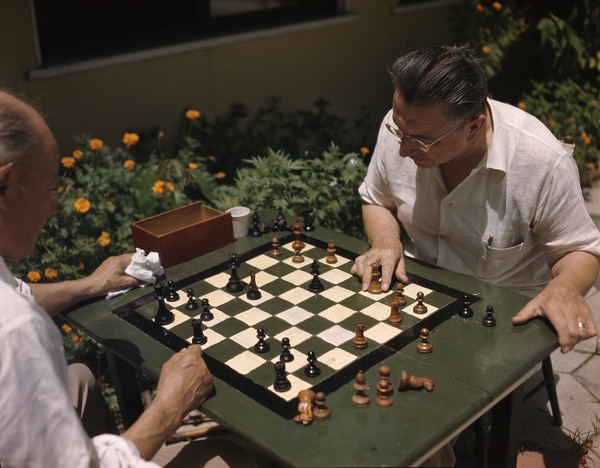
Practical knowledge overall, practice is the best, and the simpler it is, the better for you to grasp the ideas.
Method to study chess openings there are a lot, but of course, you will have to choose the one that is friendlier for you. We will mention some ideas and tips you can use, try the ones that seem interesting for you, or mix them all!
- First, look for some games in the database (you can find a lot of free databases with numerous games online for free). The games should be the best you can find, games between players rated over 2600 each one. Look at the grandmasters playing the opening you want to learn, just the 10-15 moves, nothing complicated.
- When you know the main lines analyze by yourself, or you can use an analysis engine, the first move of the opening. Try to discover what is the purpose of those moves, what they do, and what is their value. This will let you understand the ideas of the opening, and maybe figure out some plans on your own.
- Play your new opening against the engine, remember the lines and play on the whole game with slow time control. It’s important that after you play the game you analyze it, see where your mistakes are, and how you can improve.
- Watch videos and pause them to solve interactive positions, identify where the key positions are, and analyze them.
These are a few methods you can apply, if you do them correctly something good will come out of your effort.
However, playing the opening is the best practice, repeating over and over again will let you discover the secrets of the opening.
Which variation should I learn?
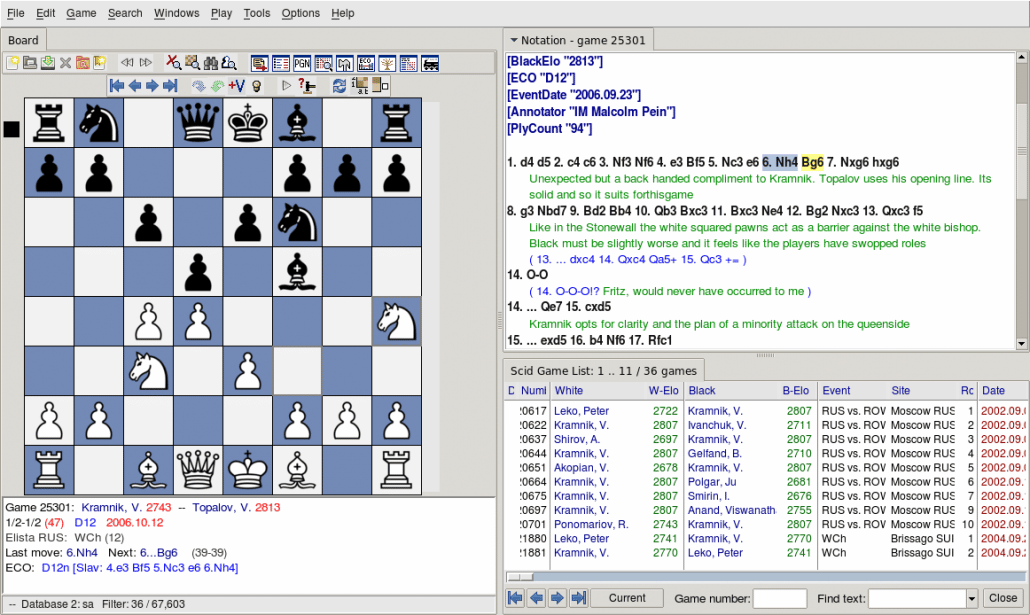
When you have to study chess openings you will encounter there are many variations and common responses you have to know. The best way to identify them is by reviewing games or an opening book.
You don’t want to get overwhelmed by long variations of chess moves and complicated theory, otherwise, you will be confused. Have a little more confidence and just look at the first 3 or 5 moves and analyze the position so you know where you are at.
For this you can apply the technique of the tree of variations, let’s set a quick example:
Say you are preparing the Sicilian Najdorf variation, and you reach the following position after 5… a6:
Here white has many options ( 6 Be2, 6 Bc4, 6 Be3, 6 f3). However, you can come up with a universal response against pretty much everything, like 6… e5!
Whichever move white chooses, you can play e5 and you will have almost the same positions, sometimes the move order will be different but you’ll end up in the same position.
The “universal response” is a good way to avoid studying an insane number of variations that end up in almost the same positions.
What to do if my opponent goes out of the book?
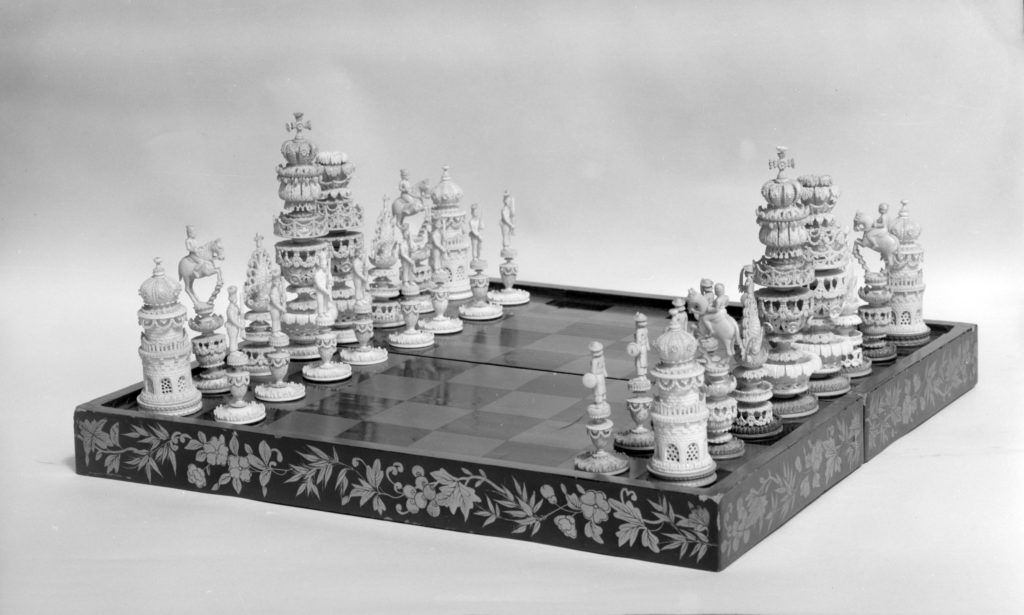
This is a good question and is exactly the reason why studying chess openings by the book moves without really knowing their ideas is a bad practice.
When you learned the first 30 moves of an opening (yes, some people do that) and you get out of the theory that’s it, you are out of the “comfort zone”
Once you have been thrown out of the book, the only option you have is to analyze each bit of the position. Then, if you do that what is the point of studying the theory? Simple ideas achieve simple wins.
You may also like:
The Top 10 Best Chess Openings for Beginners

